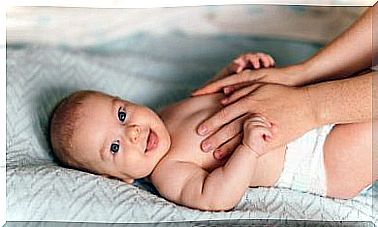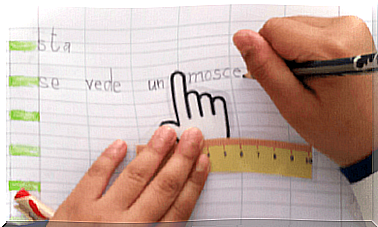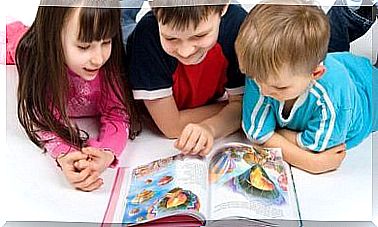Children In Reconstituted Families

Seven out of ten marriages end in divorce in Spain, according to the Family Policy Institute. With these statistics in hand, we are faced with an increasingly common phenomenon in our society: children in reconstituted families.
New reconstituted family with children
The most common is that people, after a separation, want to start a new relationship. But most likely one of the two, or both, have children from previous couples. And things get more complicated when the new couple has common children in addition to the ones they already had.
Then, there are what we know as reconstituted families, where children live with one of their parents, his partner and, probably, their children as well.
For children, the situation can be difficult to handle. The adaptation to the new situation will depend, basically, on how overcome they have the separation from their parents and how they handle the issue.
If the separation has been amicable and the children have not been involved in the problems of the adults, adapting to the later decisions of the parents will be much easier. On the other hand, if the parents, or one of them, has not assimilated the situation, the children will live the new life of the parents with great anguish and difficulty.

Possible difficulties for children in reconstituted families
- The younger the children, the easier it will be for them to adapt to the new situation. They will surely accept the new life of mom or dad naturally. Instead, one of the most difficult periods is usually between the ages of 10 and 14. During this period, it is quite possible that children will face the new situation in a challenging way. They may not understand the role of their parents’ new partner. Hence the typical phrase: “You don’t send me” or “You’re not my mother . ” On the other hand, from the age of 15, adolescents are already more on the margins of the family and are not so affected if there is a good relationship.
- If the parents did not end the relationship on good terms, it is very likely that the children will feel bad about being with the new family. They may feel guilty and even lie to a parent so as not to hurt their feelings. I remember a girl who said to her father’s partner: “I don’t tell my mother that I have a good time with you, because she would start crying . ” Children want their parents to be happy. A child can only accept the new family if both parents have accepted the separation. Otherwise, they will be in a very difficult situation, as they will see the new partner as a rival.
- When there are other children of the new couple. First, you have to see if they have a good relationship with each other. The most appropriate thing would be to make them see each other sporadically, to become friends and little by little to introduce them into the sentimental relationship of the parents. It could be that there is jealousy between them. If the couple decides to start living with children, it must be taken into account that the children come from two different families, surely with very different rules, customs and habits.
- Birth of a common brother. In the event that the couple has a new child, it is very important that the others do not feel displaced, since they will have their mother and father, and this could cause jealousy. On the other hand, the birth of a child together can help consolidate the family bond.
- Reproduce the model of the nuclear family. This is a mistake because a reconstituted family can never function as a nuclear family, and waiting for this will bring us many frustrations.

Tips to improve coexistence with children in reconstituted families
- Space and time It is necessary that children have their space in the new family, both physical space and space to be with their respective parents. A recommendation would be to try spending time alone with your children to do activities with them, as well as spending time as a family all together. It is important to find a balance so that no one feels out. Your new partner must also cultivate his relationship with your children and earn their affection and trust.
- Patience. Each child has his own rhythm; some will find it easier to adjust, but others will find it more difficult. You have to be patient and give them time. According to experts, the most difficult age for children to adjust to a new family is between 10 and 14 years old.
- Standards. Children will encounter very different routines, customs, and preferences in the new family. What was normal in one family will be strange in the other. For this reason, it is very important to establish rules of coexistence in the new family. These rules must be decided within the new family nucleus among all members. Although it is fine for both parents to maintain the same routines, these rules do not have to be the same in each household. Children can perfectly understand that each home has a different way of doing things and rules. The important thing is that they know what is expected of them in each situation.
- Involve all members. In a reconstituted family, it is important that all members feel recognized and important. For this, it is essential to do shared activities, distribute responsibilities, agree on rules, and distribute space and time among all.
- Put limits. You should not be afraid to set limits for children. Many parents feel bad because they think the situation is hard enough for them. They fear the fact that if they put limits on their children, they will turn against them.
Thus, although for children it will be a vital change to see themselves within a new family nucleus, if these points are taken into account, adaptation will be much easier for everyone, children and adults.
Furthermore, we cannot forget that the new family will never be able to function as a nuclear family, as it is not. If we eliminate these expectations of a ‘normal’ family, we can also free ourselves from many frustrations and make it easier for everyone.










